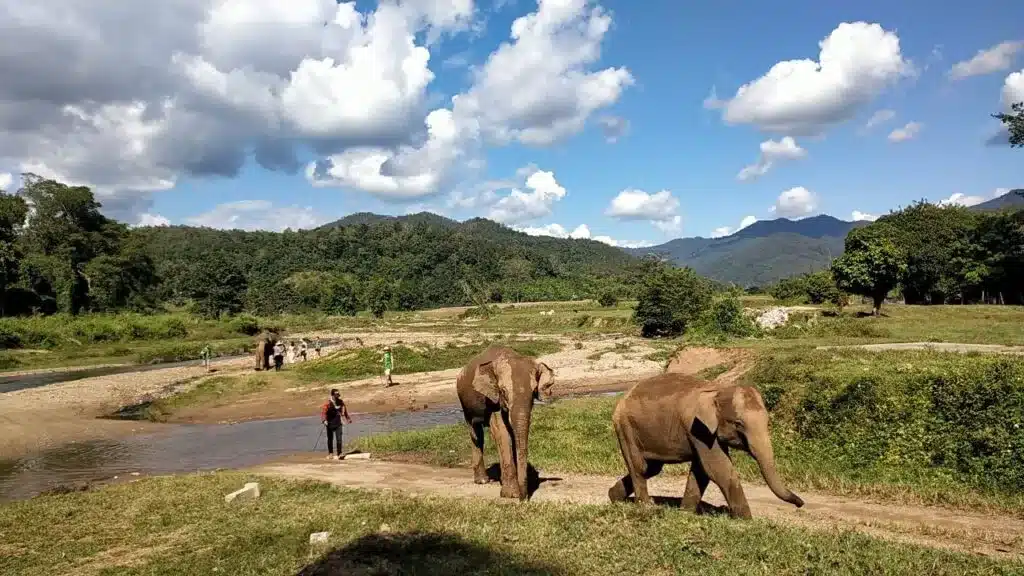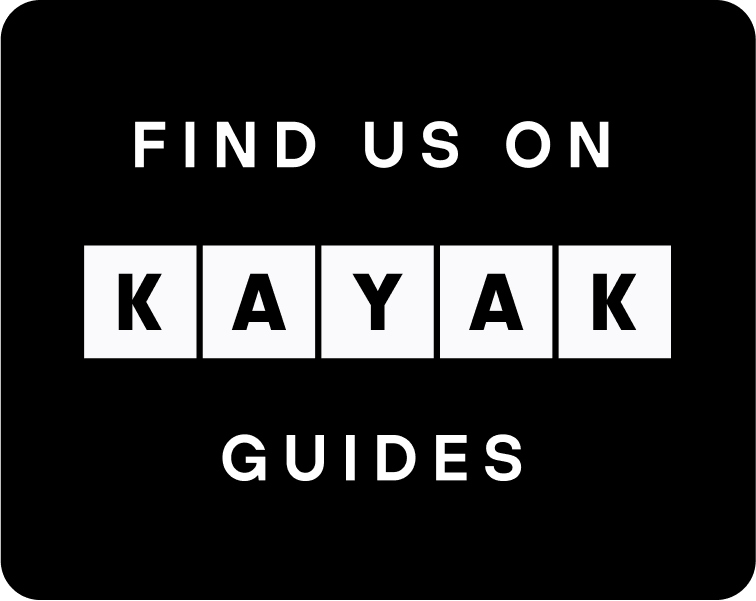
Elephant Riding in Chiang Mai. Why Ethical Travelers Are Saying No in 2025
Updated Guide for 2025 Travelers Seeking Ethical Elephant Experiences
The Short Answer: Yes, But Should You?
Yes, it is still possible to ride elephants in Chiang Mai. However, international animal welfare organizations and a growing number of local sanctuaries discourage this activity. Many ethical travelers now choose hands-off experiences that allow elephants to roam freely without being ridden or forced to perform.
Why Riding Elephants Is Controversial
Elephants may seem strong enough to carry humans, but their spines are not built for riding. Most elephants used for trekking have undergone a painful training process known as "the crush" — a method designed to break their spirit. This process often includes physical abuse, isolation, and food deprivation.
Organizations like World Animal Protection and Save the Elephants advise against all elephant rides, citing long-term trauma, injury, and behavioral issues.
What Are the Alternatives?
Chiang Mai is home to various ethical elephant sanctuaries offering hands-off programs. These experiences prioritize the well-being of elephants and focus on education, observation, and allowing the elephants to behave naturally.
At sanctuaries like Elephant Freedom Project, you can:
- Witness elephants bathing in the river with their mahouts
- Learn about the mahout-elephant relationship
- Hike through the jungle while elephants roam nearby
- Help prepare nutritious vitamin balls (without direct contact)
These programs create meaningful, respectful interactions — and give elephants the freedom they deserve.
Looking for a deeper connection? Meet the elephants of Elephant Freedom Project and learn their rescue stories, personalities, and the care they receive at our sanctuary.
What Makes a Sanctuary Ethical?
A truly ethical elephant sanctuary in Chiang Mai will:
- Prohibit riding, circus tricks, or hugging elephants
- Allow elephants to socialize and forage naturally
- Employ local caretakers (mahouts) who have long-standing bonds with the elephants
- Provide regular veterinary care
- Educate visitors about conservation, not entertainment
Look for sanctuaries that follow World Animal Protection guidelines and clearly state their animal welfare policies on their website.
Choosing the Right Elephant Experience
Prior to booking any elephant tour in Chiang Mai:
- ✅ Check if the sanctuary allows riding or bathing — if yes, look elsewhere
- ✅ Read reviews on TripAdvisor or Google for keywords like “ethical,” “hands-off,” or “no riding”
- ✅ Visit the sanctuary’s website and look for a welfare policy
If in doubt, contact them directly and have a conversation. Most importantly, check their Google reviews.
Elephant Riding in Chiang Mai - Just Say No!
Why This Matters
Thailand’s tourism industry is evolving. More travelers are rejecting exploitative practices and choosing responsible wildlife experiences. When you choose an ethical sanctuary, you’re not just avoiding harm — you’re actively supporting a better future for elephants.
By asking, “Can you ride elephants in Chiang Mai?” — and then choosing not to — you become part of that change.

To learn more about our philosophy and practices, read our full animal welfare policy and see how we're leading the way in ethical elephant tourism.
🌿 A New Chapter in Ethical Tourism – Hands-Off with Heart, Starting June 2025 🐘
Beginning June 2025, the Elephant Freedom Project will proudly transition to a 100% hands-off elephant sanctuary—one of the first of its kind in Thailand to blend education, ethics, and entertainment in a truly unique way.
While we do not allow elephant riding, chains, or circus-style tricks, our guests have been welcome to gently hand-feed the elephants, enter the river, and splash water on them. But the world is evolving—and so are we.
Here’s what guests can expect:
- 🐘 Morning jungle hikes alongside elephants as they roam free, forage, and take mud baths—no touching, just observation.
- 🍉 Food preparation remains part of the experience, but guests will now watch mahouts feed the elephants.
- 🌿 Mae Wang Waterfall hike continues as a scenic part of the day.
- 💊 Vitamin ball workshops continue—guests help prepare, mahouts handle the feeding.
- 🛁 River bathing becomes a performance of care as mahouts wash elephants while guests watch respectfully from the riverbank.
This isn’t a loss of connection—it’s a more meaningful, respectful one.
Animal Welfare Policy
At Elephant Freedom Project, we are committed to the highest animal welfare standards. Our approach is guided by internationally recognized principles, including the Five Freedoms of Animal Welfare and guidance from World Animal Protection.
Our Commitments:
- No riding, chains, or forced performances. Elephants live freely in a natural environment without coercion.
- Hands-off experience. Guests observe rather than interact directly.
- Proper nutrition and veterinary care. Every elephant receives individual care and routine check-ups.
- Daily enrichment and stimulation. Elephants roam, bathe, and forage naturally, supported by dedicated mahouts.
- Mahout training & fair employment. We prioritize humane care practices and fair wages.
- Transparency and continuous improvement. We welcome feedback and adapt to align with best practices.
Our Vision: To create a healing space for elephants and a model of responsible, ethical tourism in Thailand—where wildlife, culture, and community thrive together.


